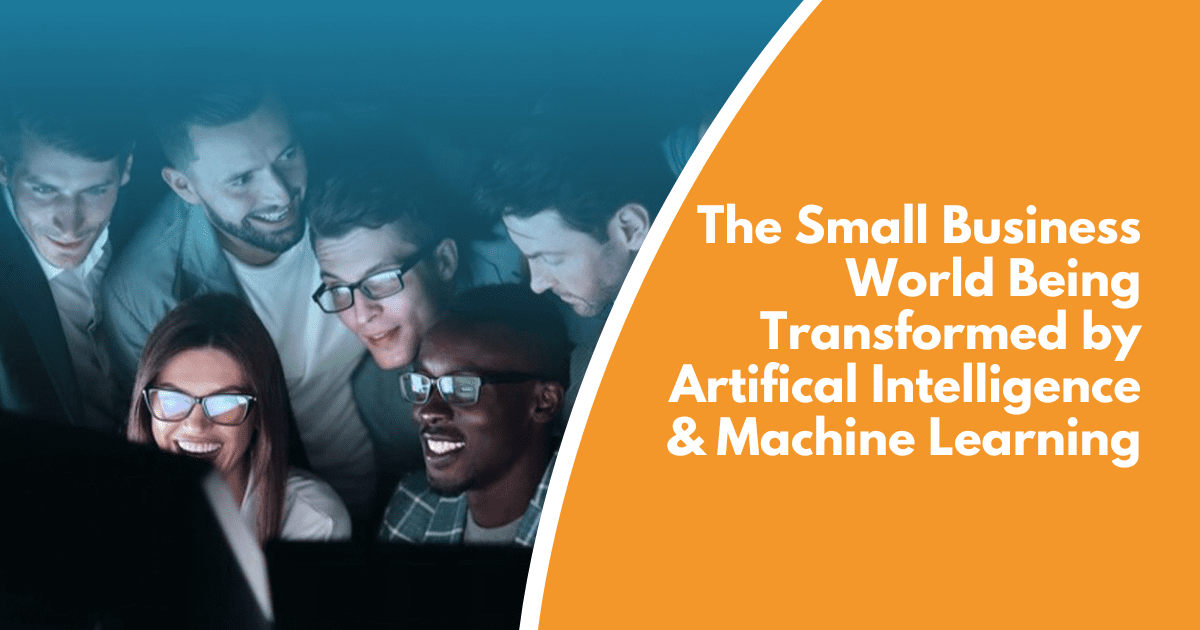The Benefits of Automating Accounting Processes with AI and Machine Learning
June 29, 2023

June 29, 2023
Unsurprisingly, artificial Intelligence and machine learning, is changing the business world. For small businesses in particular, AI is aiding and improving daily operations to enhance future growth. App developers and accounting systems are adding AI functionality to reconciliation, revenue recognition, categorization, and more. Thus, the use of AI in the accounting function has multiple advantages.
AI increases productivity and efficiency by learning and performing repetitive, time-consuming tasks, and consuming large volumes of data to provide analysis and interpretation of data.,. The introduction of accounting automation enables many processes to be systemized and structured, which in turn results in significant savings in terms of time and resources allocated. For example, automated expense management workflows with AI enhance and augment internal accounting processes such as purchasing, invoicing, expense reports, accounts payables, and receivables. It’s effectively proven that automation will increase the quality of the reports and outcomes since errors will be reduced. This will ultimately improve decision-making as the information and data sets have greater accuracy. The other potential of AI is freeing up accountants to focus on strategic, advisory work essential to the growth and expansion of a business..
Artificial Intelligence products can generate real-time financial data analysis and create in-depth reports essential to the CXO and leadership suite at an organization. As AI becomes commonplace, it will become affordable and accessible to most accounting firms, allowing them to level up and offer high-value services like continuous monitoring of business metrics. Such a service could make a business to be proactive and make course corrections before they become a problem. For example, the cash burn at a greenfield project could be predicted before it hits alarming levels by AI allowing the various stakeholders to take preventive actions. Another example would be the acquisition of a business. AI tools could help model outcomes that project how well the business will perform post-merge, offer cost-benefit analysis, and save on systems on resources by analyzing large volumes of past M&As within a similar industry, benchmark reports, industry standards, and other variables. Incorporating AI into accounting will help identify new opportunities, uncover hidden pathways to growth, unlock locked cash,, improve efficiencies, influence profitability, and help discover new markets. The promise of AI could finally help accounting do what it should have been ideally doing and that is offer strategic guidance on financial decision-making., A functional shift will accelerate process improvements, exert timely cost controls, optimize capital utilization, and support innovation.
AI adds value to another aspect of accounting – regulatory compliance. Accounting has to monitor wide-ranging and industry-specific regulatory updates. AI platforms and tools can track tax changes, and labor laws, and analyze implications on corporate governance and policies. AI-enabled systems can make recommendations and apply updates to standardized templates. AI is already great at sifting through large data volumes and flagging suspicious fraudulent patterns on books. Accountants could quickly review and present these instances to relevant stakeholders helping businesses avoid costly mistakes.
Instead of being concerned about losing jobs to automation, Artificial Intelligence could be a game changer for businesses, especially accounting practices to leapfrog their services by offering high-value consulting and advisory that influence efficiency, productivity, innovation, monitoring, and compliance.
